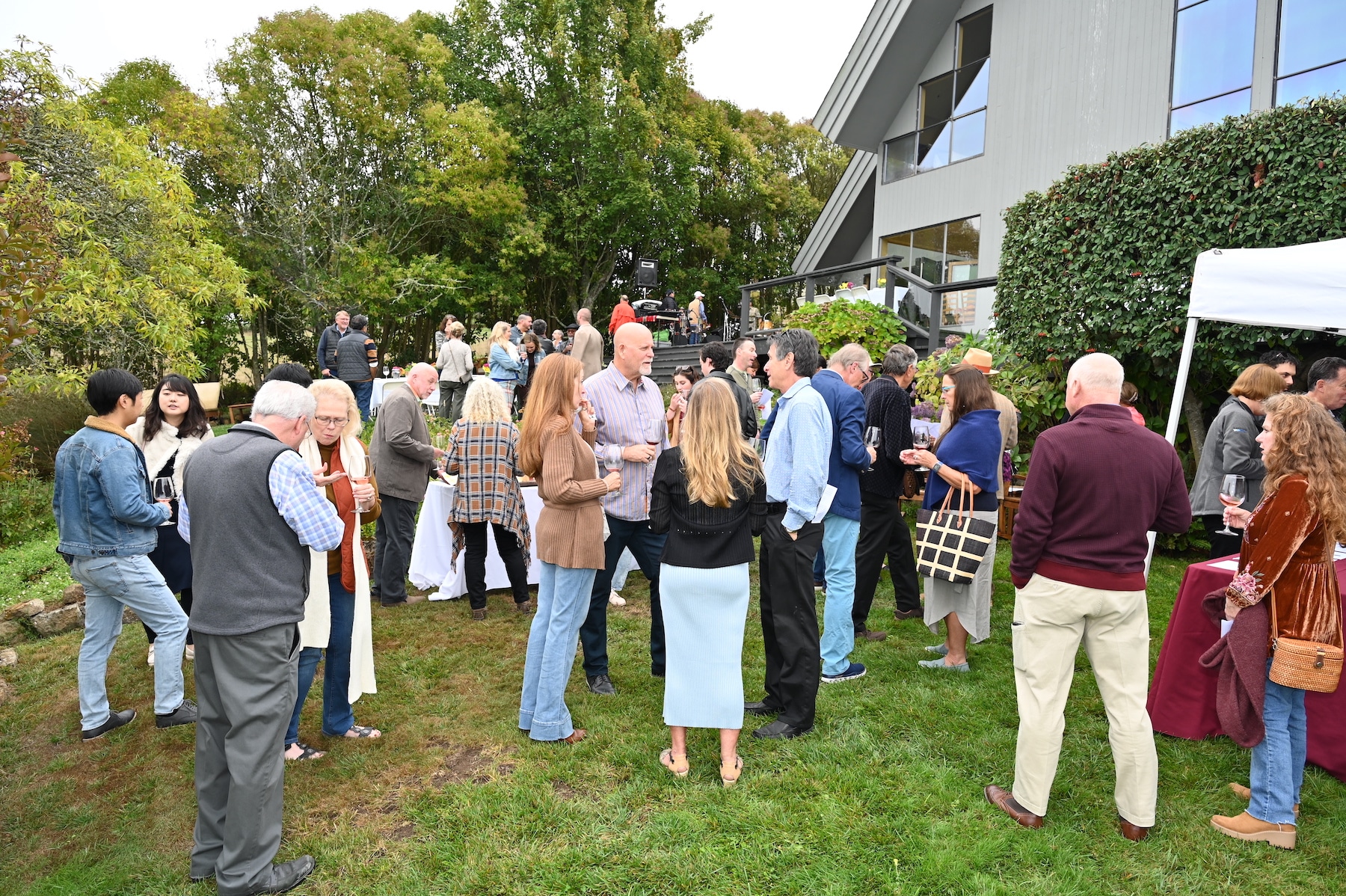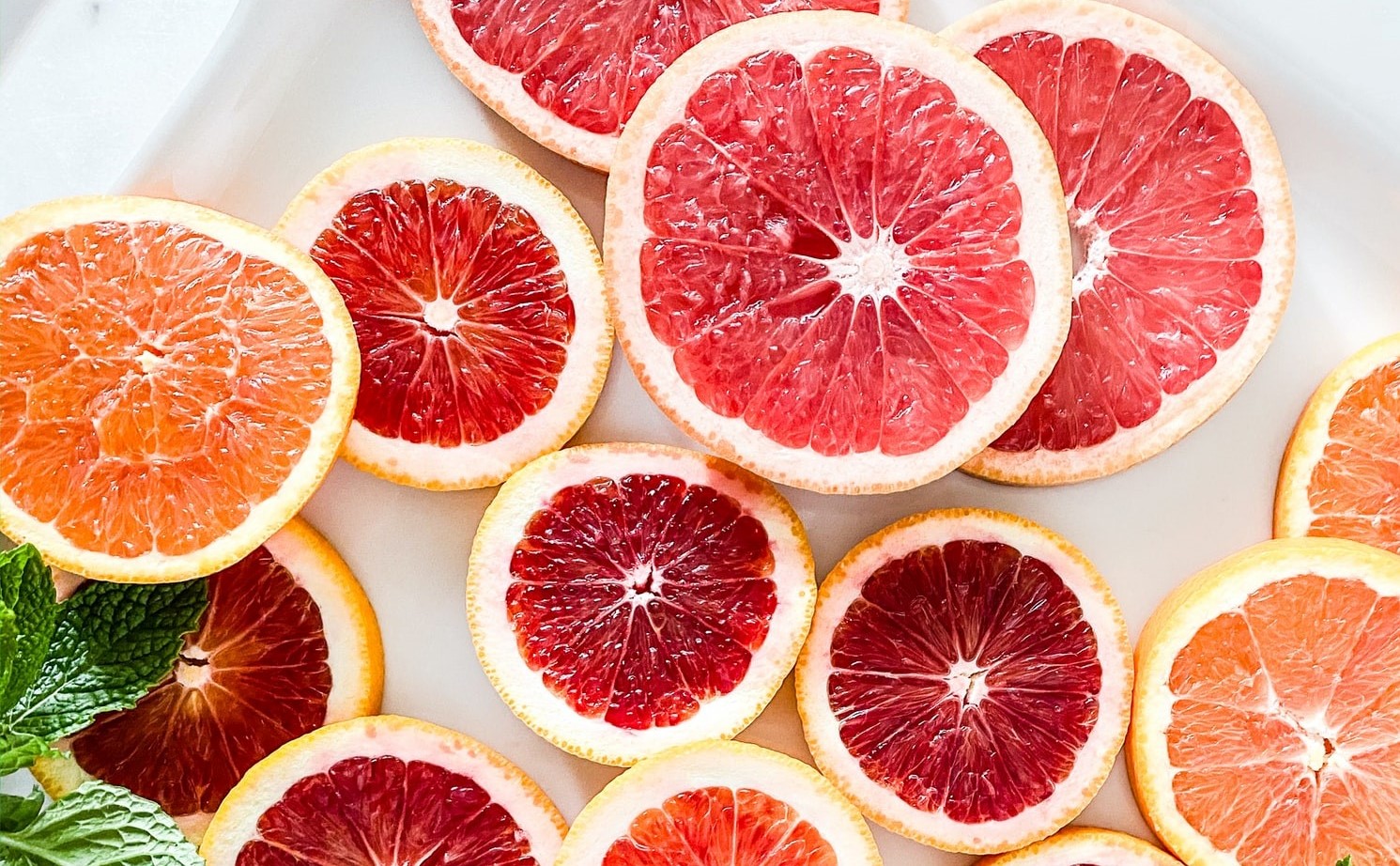Wineries Near Sonoma Square - Tasting Fine Wines In Sonoma County
Wineries Near Sonoma Square - Tasting Fine Wines In Sonoma County
Blog Article
Wineries Promoting Sustainable Farming - Vineyard Tasting Events In Sonoma County
Wine tasting is usually considered an art type, one which goes beyond merely enjoying a beverage. It embraces a complex interplay of flavors, aromas, and textures that requires devoted practice to really grasp. Many who enterprise into the world of wine tasting quickly realize that it entails much more than simply sipping wine. Enhancing sensory skills by way of dedicated winery wine tasting can elevate the experience, remodeling a casual ingesting occasion into a classy exploration of the senses.
At a primary stage, wine tasting engages the senses of sight, odor, style, touch, and even sound. Each component performs a crucial position in appreciating the nuances of a wine. When one first pours a glass of wine, the wealthy hues can present preliminary insights into its age and varietal. Observing the colour and clarity helps form expectations in regards to the wine's flavor profile. Many don’t fully appreciate how this visible evaluation can set the stage for what is to comply with.
The subsequent step is to engage the sense of scent. Swirling the glass aerates the wine, permitting its risky compounds to escape and fill the air with its bouquet. The nostril entails some fascinating layers—different aromas can sign various features of the winemaking course of, including the kind of grapes used, fermentation methods, and getting older conditions. Developing a eager sense of odor can be a game-changer in wine tasting.
Wineries That Offer Barrel Tastings - Vines And Views In Sonoma Wine Country
To improve this sensory skill, wine enthusiasts are sometimes inspired to take part in dedicated tastings at wineries. These tastings allow individuals to focus solely on the sensory experience (Wineries Offering Elegant Wine Tastings). Tasting classes led by knowledgeable sommeliers or winemakers can supply insights into identifying distinct aromas. Studying to distinguish between floral, fruity, earthy, and spicy notes can empower a taster to articulate their experience with larger precision.
As one practices their sensory abilities, they might discover that their taste preferences evolve. This transformation usually occurs after multiple tastings. A wine that originally appeared overwhelming would possibly reveal hidden layers of complexity with a bit of experience. Understanding the way to isolate individual flavors corresponding to acidity, sweetness, bitterness, and umami contributes substantially to the overall wine experience.
One Other important factor in enhancing sensory skills is the context in which wine is tasted. Environmental components like temperature, lighting, and even the company present can influence perceptions. At a winery, an optimal setting can reduce distractions and enable a extra profound exploration of the wine (Wineries Focusing On Single Vineyard Wines). Working Towards mindful tasting techniques encourages a more immersive experience, permitting tasters to hone in on their senses.
It is not solely about individual notion, although. Participating with others during a tasting can also improve sensory skills. Sharing notes and discussing impressions fosters a deeper understanding of the wine. This collaborative approach encourages participants to articulate their sensory experiences, thereby broadening their linguistic repertoire related to wine tasting.
Family Friendly Wineries With Outdoor Spaces - Sonoma's Best Vineyards
Additionally, pairing wine with food can considerably improve the tasting experience. Totally Different combos can bring out distinctive flavors in each the wine and the dish. As one tastes a wine alongside specific meals, they can begin to acknowledge how sure components in the wine complement or distinction with what they're eating. This skill of pairing is another layer that enriches sensory growth.
Training one’s palate can contain a variety of exercises. Some enthusiasts engage in systematic tasting experiences, sampling a range of wines that showcase completely different varietals, regions, or vintages. Exploring this diversity can sharpen the power to discern nuances throughout completely different wine profiles. Over time, this practice builds a mental library of flavors that might be accessed during future tastings.
Notably, written notes serve a twin function: organizing one’s thoughts and reinforcing memory. By writing down observations about each wine, tasters can monitor their progress over time. Detailing the characteristics of wines assists in solidifying data, finally deepening one’s appreciation of what they consume.
Furthermore, attending workshops or classes centered on sensory analysis can be helpful. Many wineries supply these instructional applications to help individuals refine their skills. Often, skilled instructors guide members through structured tastings, specializing in particular elements of the wine. This stage of education reinforces the sensory skills asynchronously and challenges tasters to consider their experiences from different angles.
Wineries Near Sonoma Square - Sebastopol Vineyard Experiences

Over time, the commitment to enhancing sensory skills by way of dedicated winery wine tasting can yield vital rewards. The enjoyment derived from wine becomes layered and multifaceted. No longer limited to a easy desire for "purple" or "white," tasters start to appreciate the stories behind each pour. They domesticate a palette capable of navigating the complicated landscape of flavors with confidence.
In conclusion, the journey of enhancing sensory skills through dedicated winery wine tasting is as rewarding as it's pleasant. It requires focus, dedication, and a willingness to learn, but the outcomes far exceed the initial effort. By partaking multiple senses and collaborating in considerate discussions, people not only turn out to be more adept at identifying flavors but additionally develop a deeper appreciation for the craftsmanship behind every bottle. The course of transforms wine from a mere beverage right into a rich tapestry of sensory exploration that beckons enthusiasts to delve deeper. As skills improve, so too does the enjoyment, enriching life experiences one sip at a time.
Wineries Known For Sustainable Practices In Sonoma - Top Sonoma Wineries To Visit
- Partaking the palate by way of diverse wine varieties enhances the ability to differentiate flavors and aromas, refining overall sensory notion.
- Collaborating in guided tastings promotes focused consideration on refined traits of every wine, nurturing crucial tasting skills.
- Studying to identify specific grape varieties fosters a deeper understanding of terroir, which aids in recognizing regional flavor profiles.
- Incorporating food pairings during tastings can heighten sensory awareness, as completely different tastes can influence each other and alter perceptions.
- Working Towards the art of swirling and nosing wines permits people to connect olfactory cues with style, enhancing the flexibility to articulate sensory experiences.
- Attending workshops that emphasize blind tastings trains individuals to rely purely on their senses somewhat than preconceived notions, enhancing objectivity.
- Elevating sensory skills can lead to higher wine choice abilities, empowering people to make knowledgeable selections primarily based on personal preferences.
- Partaking with educated sommeliers offers insights into wine-making processes, which deepens sensory appreciation and enhances vocabulary for describing wines.
- Common participation in tastings encourages memory improvement of flavors and aromas, aiding within the formation of a personalized sensory profile over time.
- Sharing tasting experiences with friends fosters dialogue, promoting communal studying that can improve individual sensory skills by way of collaboration.undefinedWhat is the purpose of improving sensory skills via wine tasting?

Improving sensory skills by way of wine tasting allows people to enhance their capability to determine and respect the varied aromas, flavors, and textures of wine. This heightened sensory consciousness can result in a deeper understanding of wine and an total enriched tasting experience.
Wineries In The Heart Of Sonoma County Wine Region - Enjoying Wine In Sebastopol
How can I develop my sensory skills at a winery?
You can develop your sensory skills at a winery by collaborating in guided tasting sessions that focus on particular varietals. Have Interaction with educated employees who can provide insights and encourage you to take notes on your impressions, enhancing each your observational and descriptive talents.
What ought to I count on during a devoted wine tasting experience?
Affordable Wine Tastings In Sonoma County - Wine Tasting Experiences In Sebastopol
Throughout a devoted wine tasting experience, count on to pattern a number of wines while receiving targeted training about every one. You Will be taught concerning the winemaking course of, tasting techniques, and the means to discern totally different sensory characteristics, all in a relaxed setting.
Is prior information of wine necessary to learn from a sensory skills workshop?
- Hidden Gem Wineries In Sonoma County
No prior knowledge of wine is important; the workshops are designed for all levels of experience. Novices will find priceless info to build from, whereas seasoned tasters can refine their skills and broaden their palate even further.
How do sensory skills impression my overall wine appreciation?
Wineries Near Highway 12 - Wineries In The Sebastopol Region
Bettering sensory skills considerably enhances your overall wine appreciation by allowing you to determine subtleties and complexities in wines. This deeper understanding enriches your tasting experience and helps you make informed choices based mostly on personal preferences.
Are there specific techniques I should use whereas tasting wine to improve my sensory skills?
Wineries With Sustainable Practices - Discovering Sonoma Area Wineries
Yes, using techniques such as the "SWOT" technique (Sight, Swirl, official site Scent, Sip, Savor) could be beneficial. Pay consideration to the wine's appearance, aromatics, and mouthfeel, and take your time with every sip to completely explore the flavors and sensations.
What type of wines are usually included in sensory skills tastings?
Sometimes, sensory skills tastings embody quite so much of wines that showcase different regions, varietals, and styles. This range helps members identify distinct characteristics and enhances their capacity to differentiate between wines.
Can sensory skills workshops be personalized to my tasting interests?
Celebrated Winemakers To Discover In Sonoma - Wineries For Casual Tastings In Sonoma
Many wineries provide personalized choices for sensory skills workshops, permitting you to focus on specific kinds of wines or themes that interest you, similar to organic wines or unique regional choices. It's greatest to inquire directly with the winery for tailor-made experiences.
Is there a method to practice sensory skills after leaving the winery?
Yes, you presumably can practice your sensory skills at home by tasting totally different wines and keeping a tasting journal. Experimenting with numerous food pairings and aromatics can additional enhance your understanding of how flavors interact, reinforcing the abilities gained click to read at the winery. Report this page